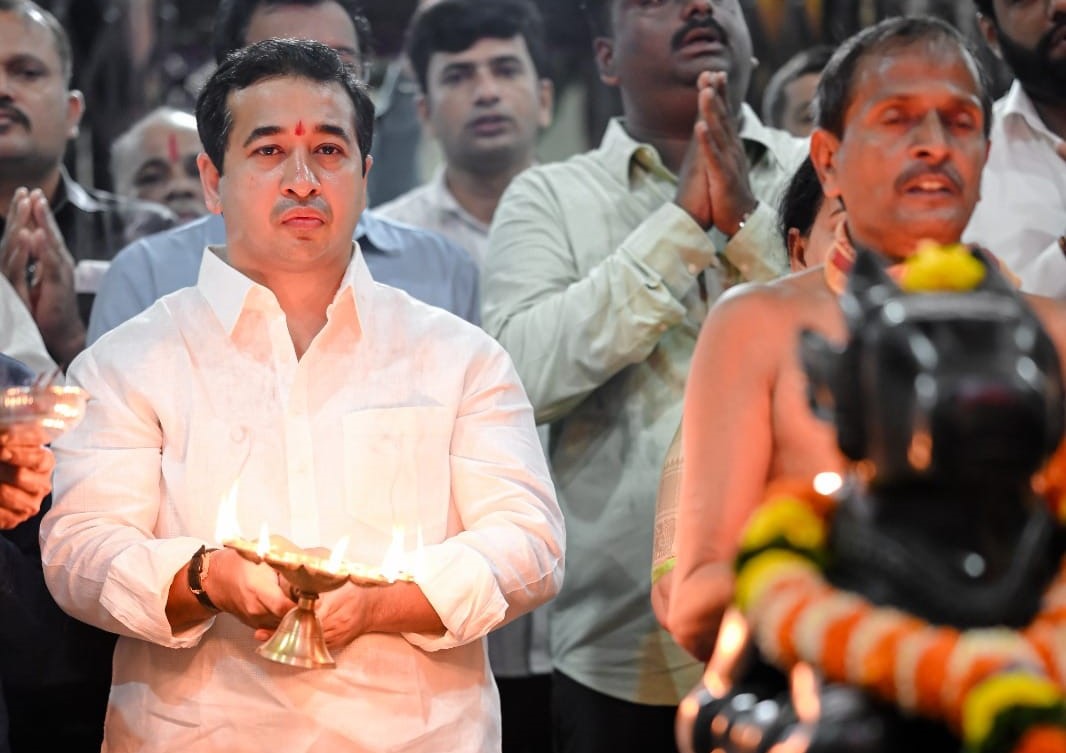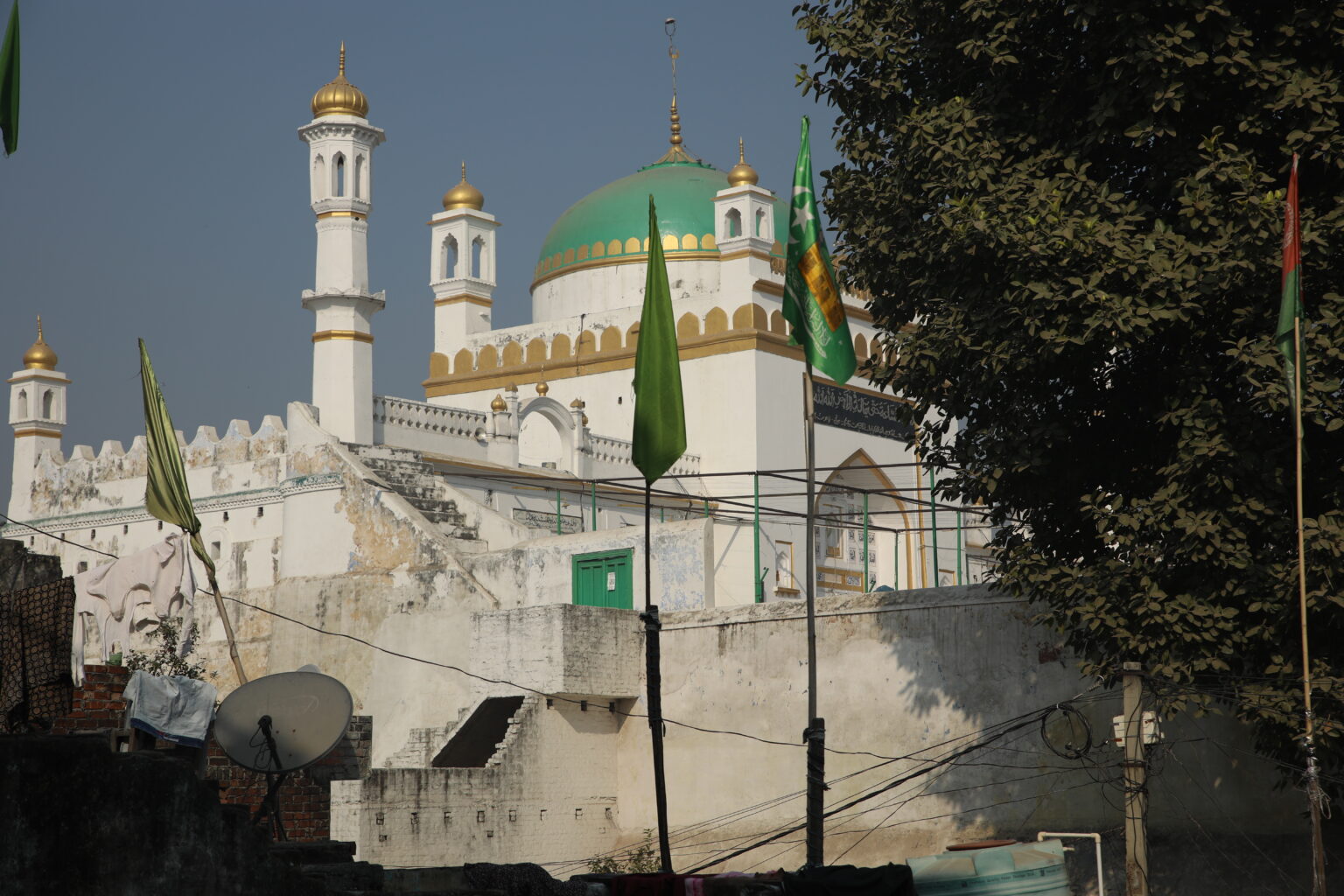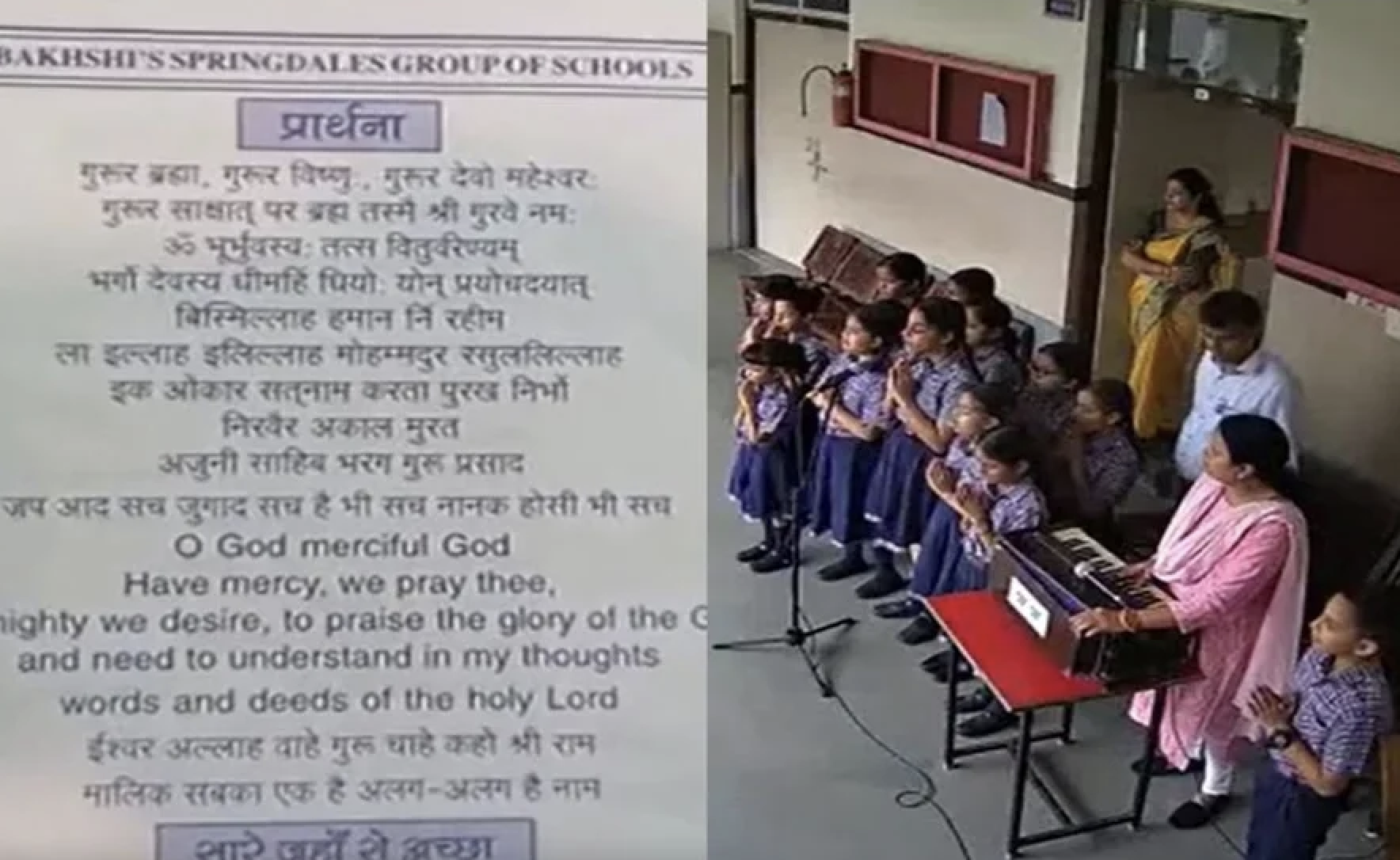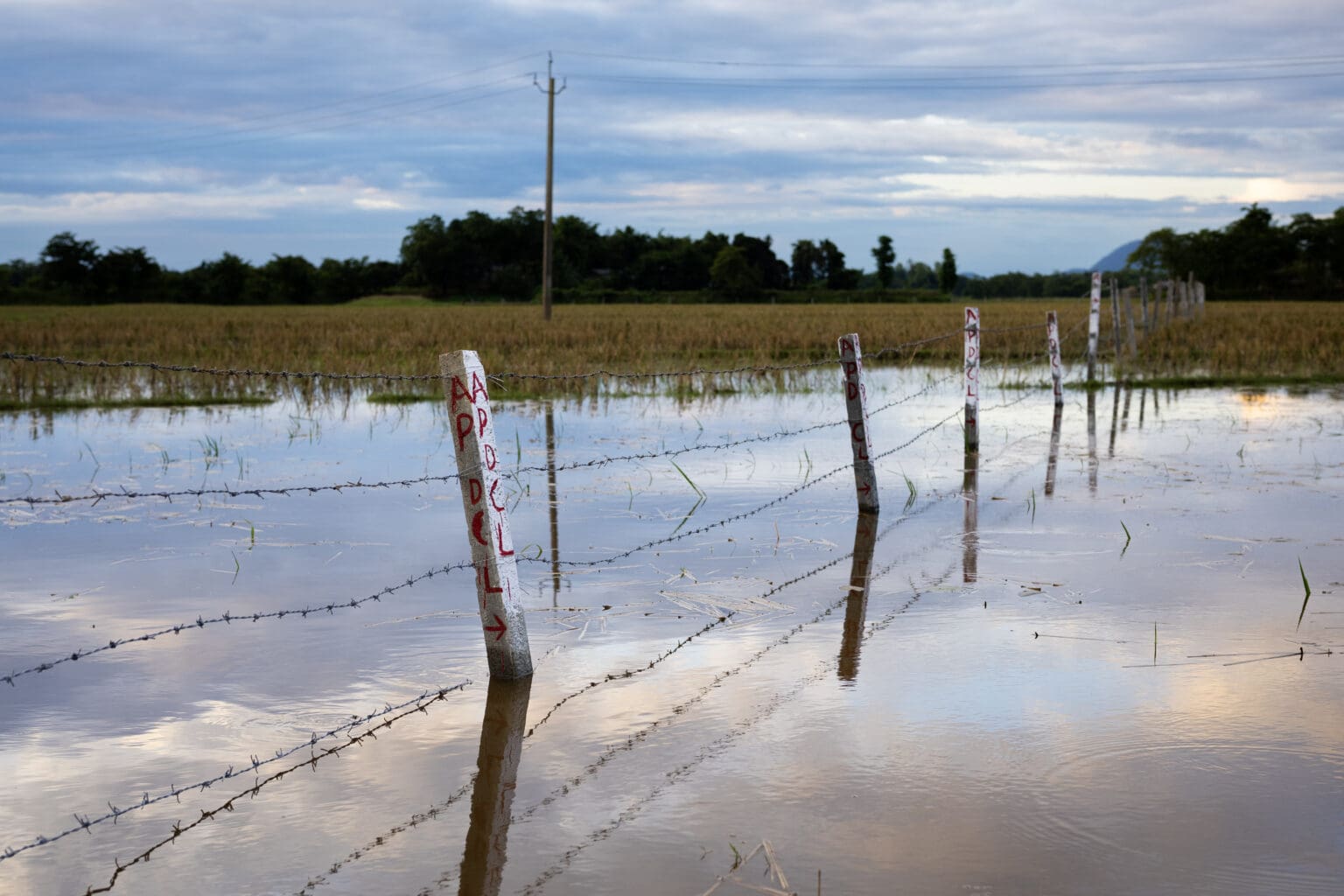
(Image: Mekhala Saran/The Quint)
By MEKHALA SARAN / The Quint
“Meeting someone in Jamia per se is not illegal. Going to Jamia per se is not illegal. WhatsApp group pe chat karna per se is not illegal.”
These are the words of Senior Advocate Trideep Pais, who is presently representing activist Umar Khalid in a bail plea, in connection with a Delhi riots larger conspiracy case, filed under the Unlawful Activities (Prevention) Act (UAPA) and registered under FIR 59.
The full list of the accused in this specific case – which deals with what the Delhi Police claims was an overarching ‘conspiracy’ behind the Delhi riots that began on 23 February 2020 – are:
But even though the primary charge sheet was filed in September 2020, the trial is yet to begin in this case.
“Police investigations into the riots have been marked by bias, delays, inaccuracy, lack of proper evidence, and failure to follow proper procedures,” Human Rights Watch said in a statement on Monday, 21 February, urging the authorities to drop “politically motivated charges and release the 18 activists.”
But two years since the Delhi riots, what is going on in this case? How long have the accused been incarcerated for? Have any of them been released on bail yet?
Umar Khalid
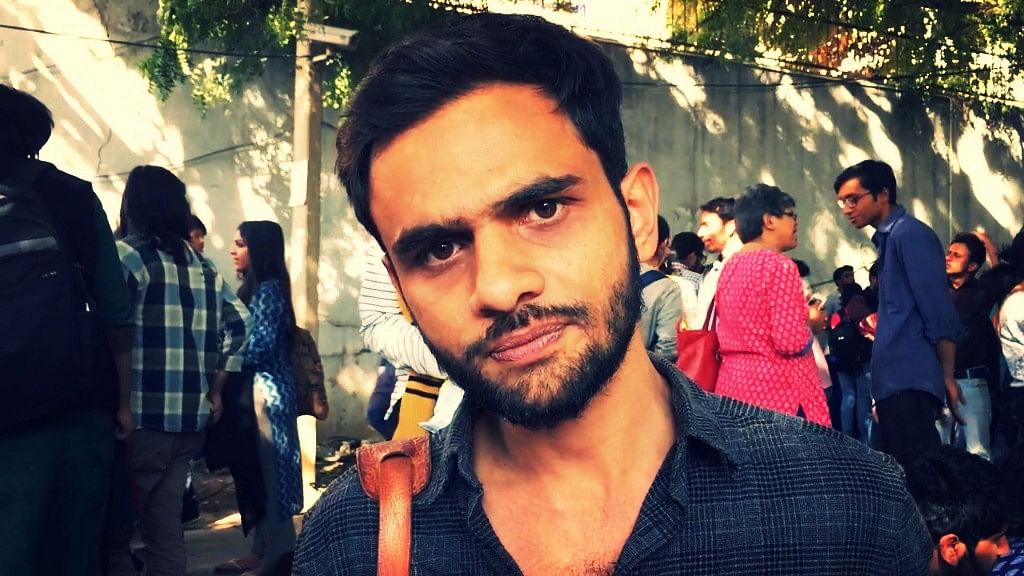
File image of former Jawaharlal Nehru University student and activist Umar Khalid.
Umar Khalid, an activist, and a former student of the Jawaharlal Nehru University (JNU), was arrested on 14 September 2020 in connection with the case.
In a baffling development, on 18 February, Khalid was produced in court with his wrists clasped tightly in handcuffs – despite court orders advising strictly against the same. After Khalid’s lawyer moved the court against the Delhi Police’s decision to seemingly flout existing orders, Additional Sessions Judge Amitabh Rawat ordered a probe.
Meanwhile, The Hindu, quoted a senior police officer as citing “miscommunication” as the reason for the same.
In his bail plea, which was originally filed as early as in July 2021, Khalid’s lawyer contended that the charge sheet filed in the case consisted of random allegations against him, made without any basis. Pais dubbed them as “pure imagination of the prosecution.”
During his time in the jail so far, the 34-year-old has written about living in solitary confinement, his desire to help others as the COVID-19 pandemic raged across the country, and about lying in his cell “wondering helplessly what the situation at home was like.”
Khalid Saifi
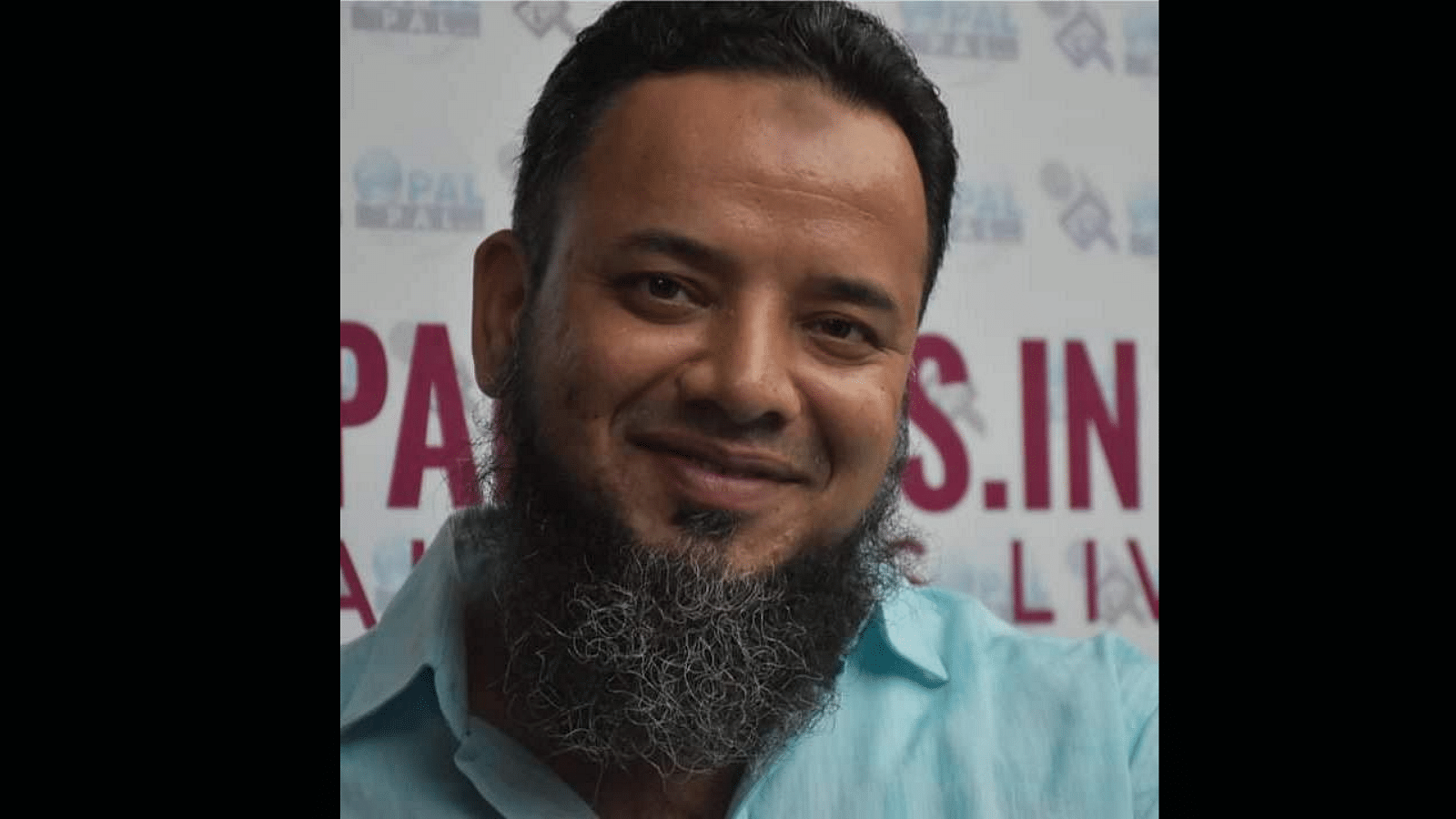
A Delhi court on Wednesday, 16 February, reserved its order on the bail plea of United Against Hate founder Khalid Saifi, who has been accused in the 2020 Delhi riots case.
Senior advocate Rebecca John, who is presently representing United Against Hate (UAH) founder Khalid Saifi at his bail hearing, said in a Delhi Court on Wednesday, 16 February:
She also said that messages were being selectively read in WhatsApp chats, with the prosecutor attributing additional meaning to those messages and basing the whole case on them.
A bail application from September 2020, meanwhile, states that Saifi had suffered “brutal custodial torture.” The Quint, too, had reported that on first being picked up by cops on 26 February 2020, he had gone to the police station without injury. However, eight hours later, Saifi was brought to the parking lot of Karkardooma court with severe injuries.
The police, however, has opposed these allegations of torture.
Sharjeel Imam
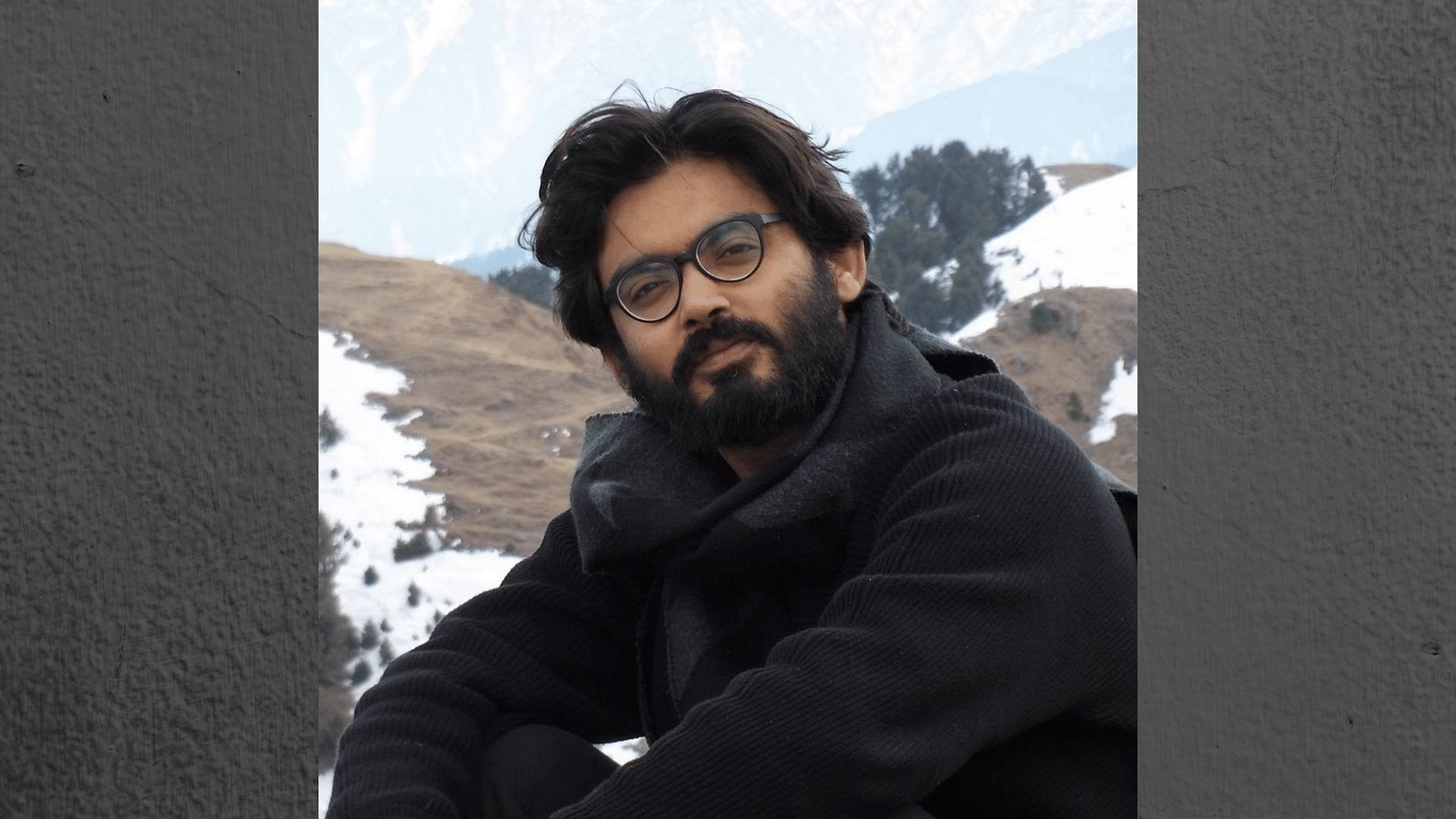
File image of scholar and activist Sharjeel Imam.
“Arrest is prior, act is later. Arrest is prior, riot is later,” Sharjeel Imam’s lawyer Tanveer Ahmed Mir pointed out before a court at a bail hearing in Imam’s case, on 11 February.
Sharjeel Imam was taken into custody in January 2020. Communal riots broke out in Delhi in February that year.
Mir also submitted that the prosecutor is obligated to show “that the agreement entered into within a time frame was an agreement to cause violence,” and asked for whose murder did Imam conspire?
On December 2020, Imam’s lawyer Ahmad Ibrahim told Newsclick that when Imam tested positive for COVID-19 in jail, his fear was not that he would die without meeting his family.
“It was rather that I would not able to prove that I am not a terrorist,” Ibrahim quoted Imam as saying.
In September 2021, the Delhi Police had said that Sharjeel Imam began one of his alleged inflammatory speeches with “As-salamu alaykum,” which as per them, implied that it was addressed to a particular community.
In reference to the same, co-accused Saifi later told a court: “I have always greeted everyone with salaam. Maybe I should stop now, if it’s illegal.”
Gulfisha Fatima
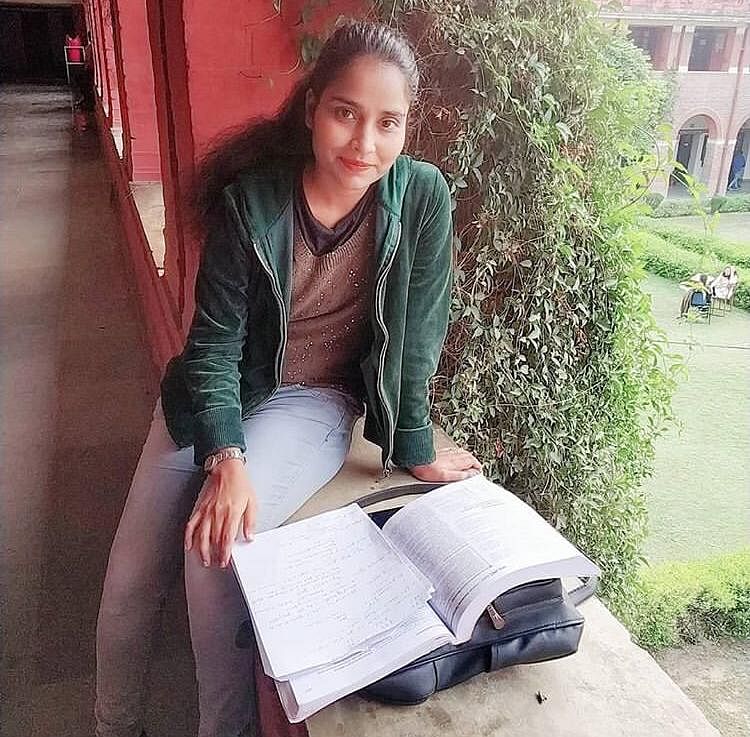
Gulfisha did her graduation and master’s from Delhi University and went on to complete her MBA from a private university, her brother told us.
In October last year, several press conferences were organised across the country to show solidarity with 28-year-old activist Gulfisha Fatima. The demand that emerged from the pressers was simple: release Fatima and her co-accused.
The organisations demanding her release, lamented the case against her and said, “(It is a) reflection of the painful reality of our country today, that these are the moments that have come to mark the lives of young women who dared to dream of a free and just world.”
Fatima is an Urdu master’s student of Delhi University, an MBA graduate and a radio jockey. She was slapped with four cases, but has been granted bail in all except FIR 59.
In a rare appearance before the media, her father said that he had been in depression ever since his daughter was taken into custody. “I fall unconscious too. I leave for someplace but reach elsewhere. I do not remember where I am. Then I have to pause and wait,” he added.
Months since the pressers, Fatima continues to languish in incarceration. She along, with co-accused Saifi and Ishrat Jahan, is reported to have suffered custodial violence, according to World Organisation Against Torture (OMCT).
What About the Others?
Meanwhile, on 15 February, a Delhi court allowed the prosecution’s plea seeking a voice sample of Jamia student leader Meeran Haider, and said that it does not make him a witness against himself. Haider has been in jail for almost 700 days, with no bail in sight.
Former Congress party councillor, Ishrat Jahan will complete two years since her arrest on 26 February this year.
Early last year, her husband Farhan Hashmi had pointed out that she does not feel safe in jail, and alleged that “there is constant discrimination against her from the staff, often citing her religion and the fact that she is an UAPA accused.” Reports of her being abused in the jail by other inmates had also emerged, following which her family had moved an urgent application and sessions judge Amitabh Rawat from Karkardooma court had then taken notice of the episode and ordered for immediate steps to ensure her safety. Ishrat had cried throughout the hearing, her sister shared.
In August 2021, Jahan had told the court, through her lawyer, that the prosecution was deriving “sadistic pleasure” by increasing the duration of her incarceration by claiming that her bail plea was filed under the wrong provisions.
Shifa Ur Rehman, who has been in detention since 26 April 2020, suffers from severe kidney disease. According to the OMCT, he too was denied access to adequate medical care in prison.
Only Five Released on Bail
Out of the 18 named in the FIR, only five have been released on bail.
Mohammad Faizan Khan, a sim card seller and the first UAPA accused, who was released on regular bail (granted on 23 October 2020), had told The Quint earlier in February:
“Jail dozak ka trailer hai… Aap apne parivaar se baat nahi kar pa rahain… pata nahi kya hoga aapke saath har din…” (Jail is a trailer for hell… You cannot speak to your family, you do not know what can happen to you on any day.)
Safoora Zargar, an MPhil student at Jamia Millia Islamia, was granted bail on humanitarian grounds on 23 June 2020, as she was 24-weeks pregnant by then.
In June 2021 the Delhi High Court granted bail to student activists Natasha Narwal, Devangana Kalita, and Asif Iqbal Tanha, saying:
“We are constrained to express that it seems, that in its anxiety to suppress dissent, in the mind of the state, the line between the constitutionally guaranteed right to protest and terrorist activity seems to be getting somewhat blurred. If this mindset gains traction, it would be a sad day for democracy.”
Criticism and Controversy Amid the Prolonged Incarceration of the ‘Delhi 18’
The Delhi riots had erupted on 23 February 2020, amid peaceful protests against the Citizenship (Amendment Act). More than 53 people (36 Muslims, 15 Hindus and two unidentified) were killed in parts of Northeast Delhi. Homes were wrecked, shops set ablaze, and schools, businesses and mosques were destroyed.
Meanwhile, 16 of the 18 people accused of the “overarching conspiracy” in the riots (FIR 59) appear to hail from the Muslim community.
Amnesty International India and Delhi Minorities Commission gleaned, through their own investigations, that the police committed serious human rights violations during the riots.
The Delhi Police has submitted a charge sheet spanning 17,000 pages in the case, which the accused state is smattered with fictional allegations, and backed by unreliable, unnamed witnesses.
In a public statement, on 26 June 2020, the Office of the United Nations High Commissioner for Human Rights (OHCHR) cited United Nations experts, and dubbed the authorities’ response to the anti-CAA protests “discriminatory.”
Seeking immediate release of all human rights defenders who are “currently being held in pre-trial detention without sufficient evidence, often simply on the basis of speeches they made criticising the discriminatory nature of the CAA,” the OHCHR had also said:
“These defenders, many of them students, appear to have been arrested simply because they exercised their right to denounce and protest against the CAA (Citizenship Amendment Act), and their arrest seems clearly designed to send a chilling message to India’s vibrant civil society that criticism of government policies will not be tolerated.”
Meanwhile, pointing out that even though the Delhi Police filed 758 FIRs into the Delhi riots, only 92 cases have reached trial. Human Rights Watch has criticised Indian authorities for wrongfully prosecuting activists and protest organisers under India’s anti-terrorism law.
“Indian authorities have been targeting activists for harassment and arrest instead of impartially investigating allegations that BJP leaders incited violence and police officials were complicit in attacks,” Meenakshi Ganguly, South Asia director at Human Rights Watch, said.
Raising concerns over the Indian government’s use of the UAPA against human rights activists, United Nations High Commissioner for Human Rights, Michelle Bachelet also said:
In an article for Outlook, in January, 34-year-old Umar Khalid, who has now spent more than 500 days in jail, quoted 20th century poet Iqbal and wrote:
“Aata hai yaad mujhko guzra hua zamana, Wo baghon ki baharein, wo sab ka chehchahana….(I remember the bygone era, the spring in the garden, how everyone chattered).”
This article first appeared on thequint.com



